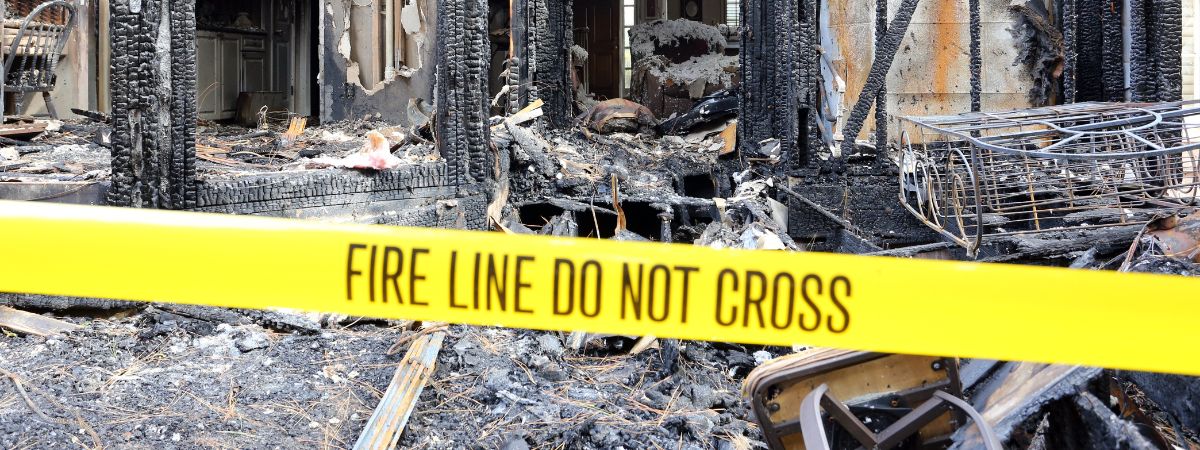
Four Things You Should Know About Your Fire Insurance Claim
What would you do if your house burned down? You can probably answer this question if you’ve ever had a claim. If you’re lucky, only sentimental things have been lost. Or maybe you haven’t even been lucky but had insurance to help lessen the blow. Either way, nobody wants to deal with a fire or even think about how it will impact them down the road. Here is what you need to know about fire insurance.
What Is Fire Insurance?
Fire Insurance is a type of property insurance that provides financial protection against loss caused by fire. Most homeowners’ and renters’ insurance policies do not cover the cost of rebuilding or repairing your house if it burns down. This coverage is sold as an add-on to your regular home insurance policy and is usually inexpensive.
If you live in a high-risk area for fires or have small children or pets in your home, you may want to consider purchasing this type of coverage as part of your home insurance policy.
Critical Things to Know About Fire Insurance
When a fire occurs, it’s important to know what to expect in the immediate aftermath. While the fire may be out, there is still work to be done and a lot of decisions to make. Here is what you need to know.
1. Keep Everything Related to the Incident
If the damage is minimal, saving every item damaged in the fire may not be necessary. However, if there are any questions about what should be saved or thrown out after filing fire damage claims, it’s better to err on the side of caution and keep everything. That way if there are any questions, later, you have all the information available at hand.
2. Know What Coverage You Have
Make sure you know what your policy covers before any residential fire claim in Texas. Some optional coverages may not apply if they were not purchased before the loss. And don’t forget that if you have a homeowner’s policy, it will only cover losses to your home and its contents. If you’re not sure what’s covered under your policy, call your agent or insurance company representative now and ask.
3. Document Your Losses and Take Pictures of the Damage
The most important thing that you can do for yourself after experiencing a loss by fire is to document everything so that there are no discrepancies later when you file for a residential fire claim in Texas.
Documenting losses includes taking pictures of damaged property and creating an inventory of everything lost in the fire so that it can be easy for your fire claim public adjuster in Texas to process your claim. This can be done by taking pictures with a camera or smartphone or making a list on paper.
4. When Can You Get Compensated?
Know what to expect in terms of service and communication. You should receive timely updates on the status of your fire damage claims in Texas, including whether they’ve received all the necessary documentation or whether they need more information from you before they can evaluate your claim.
The length of time between filing a claim and receiving payment depends on many factors, such as how quickly the fire claim public adjuster in Texas receives all required documentation, how much damage occurred, and whether there’s any dispute over who was at fault for starting the fire.
Remember these tips, and you’ll be well on your way to a successful claim from your insurance company. With a public adjuster overseeing your case, having the proper knowledge, and evaluating each situation will help ensure your house fire claim goes smoothly. Contact Texas Fire Claims today for public adjustment services.
